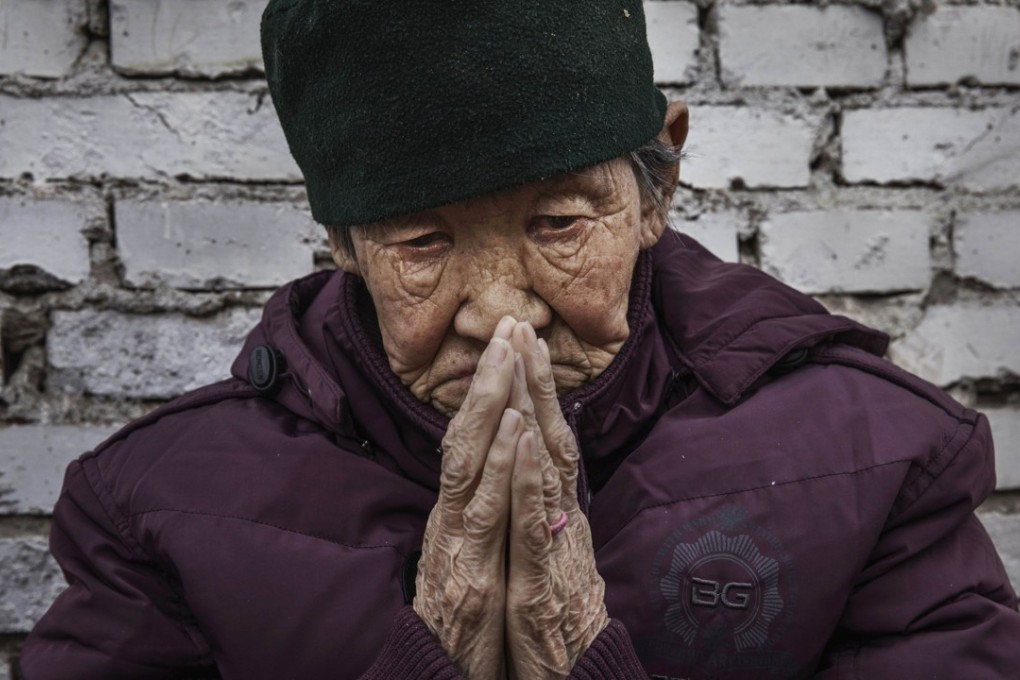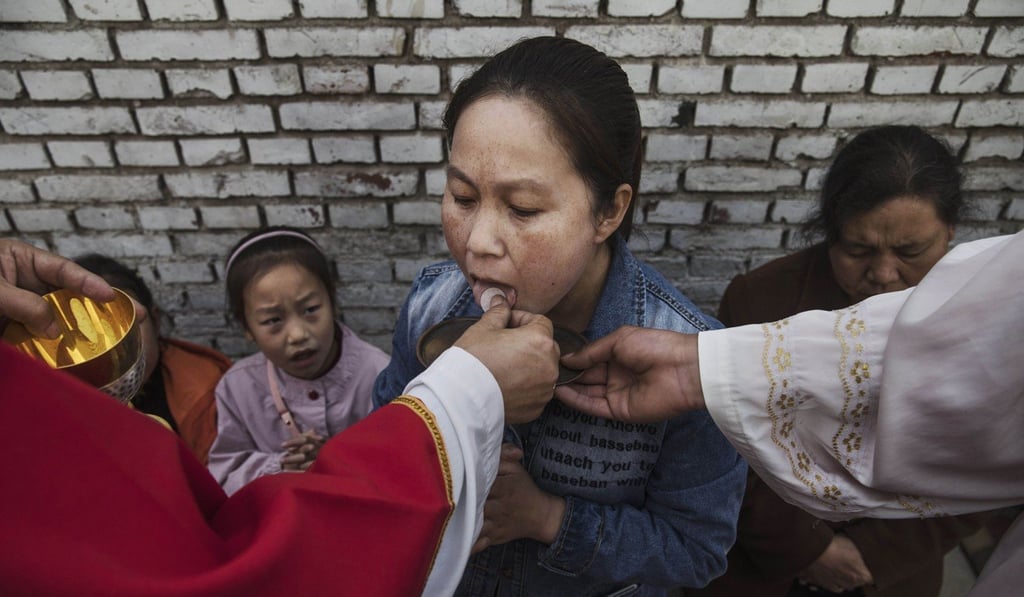China’s underground churches head for cover as crackdown closes in
To avoid becoming targets in a ramped-up government campaign, many “house” congregations are meeting in smaller groups in person and online

Enoch, a 22-year-old Christian in southern China, remembers when he could pray in front of a cross.
The church he attends every week, housed in a flat in Zhuhai, Guangdong province, used to have a door plate bearing its name, a cross on the front wall and rows of chairs in the living room.
But in November last year, worshippers decided to remove the door plate and the cross, and replaced the chairs with a couch.
“We are trying to look more like a family that are here to chat and drink tea so no one will report us to the police,” Enoch said.
Only state-approved religious organisations are allowed to operate in China, but the growing Christian community has seen numerous “house churches” thrive despite close monitoring and periodic harassment from authorities.

However, tighter controls over religious practise and the forced closure of prominent underground churches have raised concerns that more of the independent gatherings will be subject to repression, especially in the run-up to a key Communist Party congress in October.